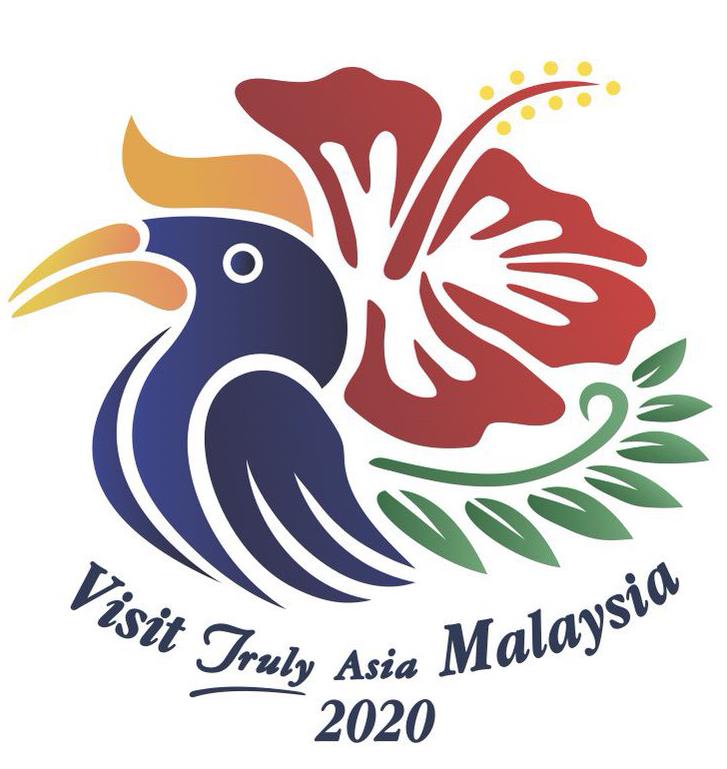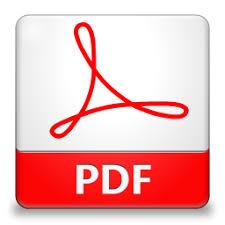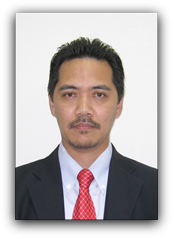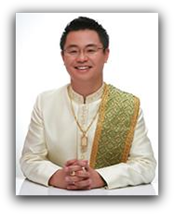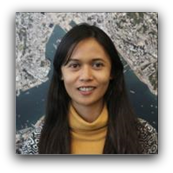
YBhg. Datuk / Prof. / Gs. / Ir. / Sr. / Dr. / Sir / Madam
The 10th IGRSM International Conference and Exhibition on Geospatial & Remote Sensing (IGRSM 2020) was held online on 20-21 October 2020: http://www.igrsm.org/igrsm2020
We would like to thank all our Sponsors, Co-Organisers, Supporting Organisers, Media Partners, keynote speakers, presenters and participants for their invaluable and continuous support in organising the conference.
The proceedings of the conference has been published in IOP Conference Series: Earth and Environmental Science and is available at: https://iopscience.iop.org/issue/1755-1315/540/1
Thank you.
